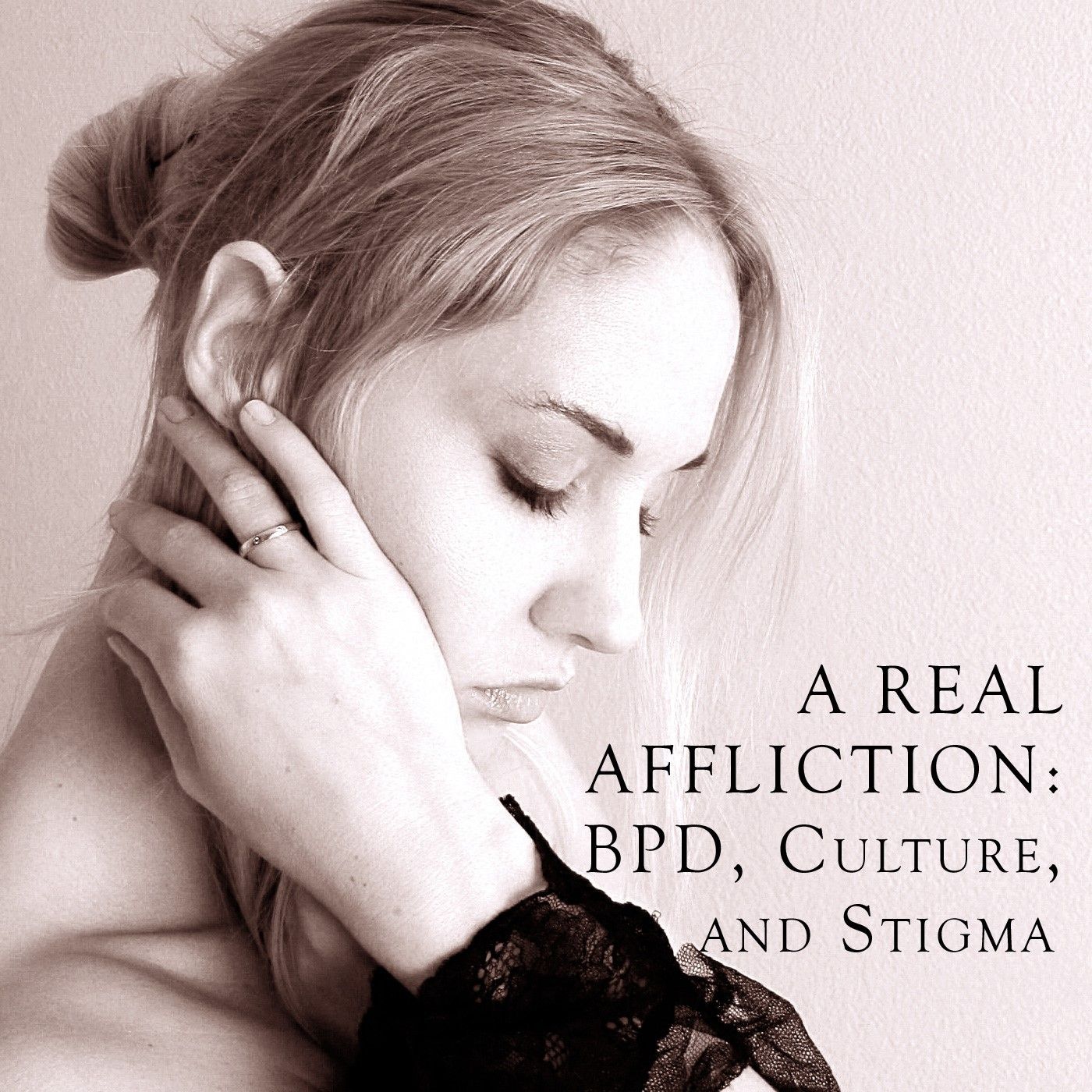A Real Affliction: BPD, Culture, and Stigma

A Real Affliction: BPD, Culture, and Stigma
Podcast Description
A Real Affliction: BPD, Culture, and Stigma is an interview podcast that explores how we live with, treat, advocate for, write about, and conceptualize borderline personality disorder, as well as common co-occurring challenges like complex PTSD, eating disorders, and substance use disorder, all of which I’ve experienced. My guests and I will also discuss how literature, film, television, photography, dance, philosophy, the history of medicine, feminist and disability studies, nature, and bioethics reflect, illuminate, and impact the experience and cultural perceptions of BPD. The podcast’s goal is to increase access to effective, compassionate care. Episodes are released twice a month.
Podcast Insights
Content Themes
The podcast explores themes surrounding borderline personality disorder, complex trauma, and stigma, featuring episodes that delve into cultural representations of BPD in literature and film, such as discussions on Twin Peaks and the impact of Mishell Baker's Borderline. It also addresses treatment modalities, interdisciplinary insights from bioethics to disability studies, and personal narratives reflecting on lived experiences.

A Real Affliction: BPD, Culture, and Stigma is an interview podcast that explores how we live with, treat, advocate for, write about, and conceptualize borderline personality disorder, as well as common co-occurring challenges like complex PTSD, eating disorders, and substance use disorder, all of which I’ve experienced. My guests and I will also discuss how literature, film, television, photography, dance, philosophy, the history of medicine, feminist and disability studies, nature, and bioethics reflect, illuminate, and impact the experience and cultural perceptions of BPD. The podcast’s goal is to increase access to effective, compassionate care. Episodes are released twice a month.
How can people with BPD and their clinicians communicate more effectively and compassionately with each other? In this solo episode, I draw on my personal experiences and my study of narrative medicine to offer tips for people on both sides of the doctor-patient encounter, especially during the initial visit and collection of the patient’s history. I explain why self-advocacy is so important, particularly for those who identify as women. Rita Charon, Narrative Medicine: Honoring the Stories of Illness Maya Dusenbery, Doing Harm: The Truth About How Bad Medicine and Lazy Science Leave Women Dismissed, Misdiagnosed, and Sick Edvard Munch, The ScreamColumbia University narrative medicine programUniversity of Toronto narrative-based medicine program

Disclaimer
This podcast’s information is provided for general reference and was obtained from publicly accessible sources. The Podcast Collaborative neither produces nor verifies the content, accuracy, or suitability of this podcast. Views and opinions belong solely to the podcast creators and guests.
For a complete disclaimer, please see our Full Disclaimer on the archive page. The Podcast Collaborative bears no responsibility for the podcast’s themes, language, or overall content. Listener discretion is advised. Read our Terms of Use and Privacy Policy for more details.